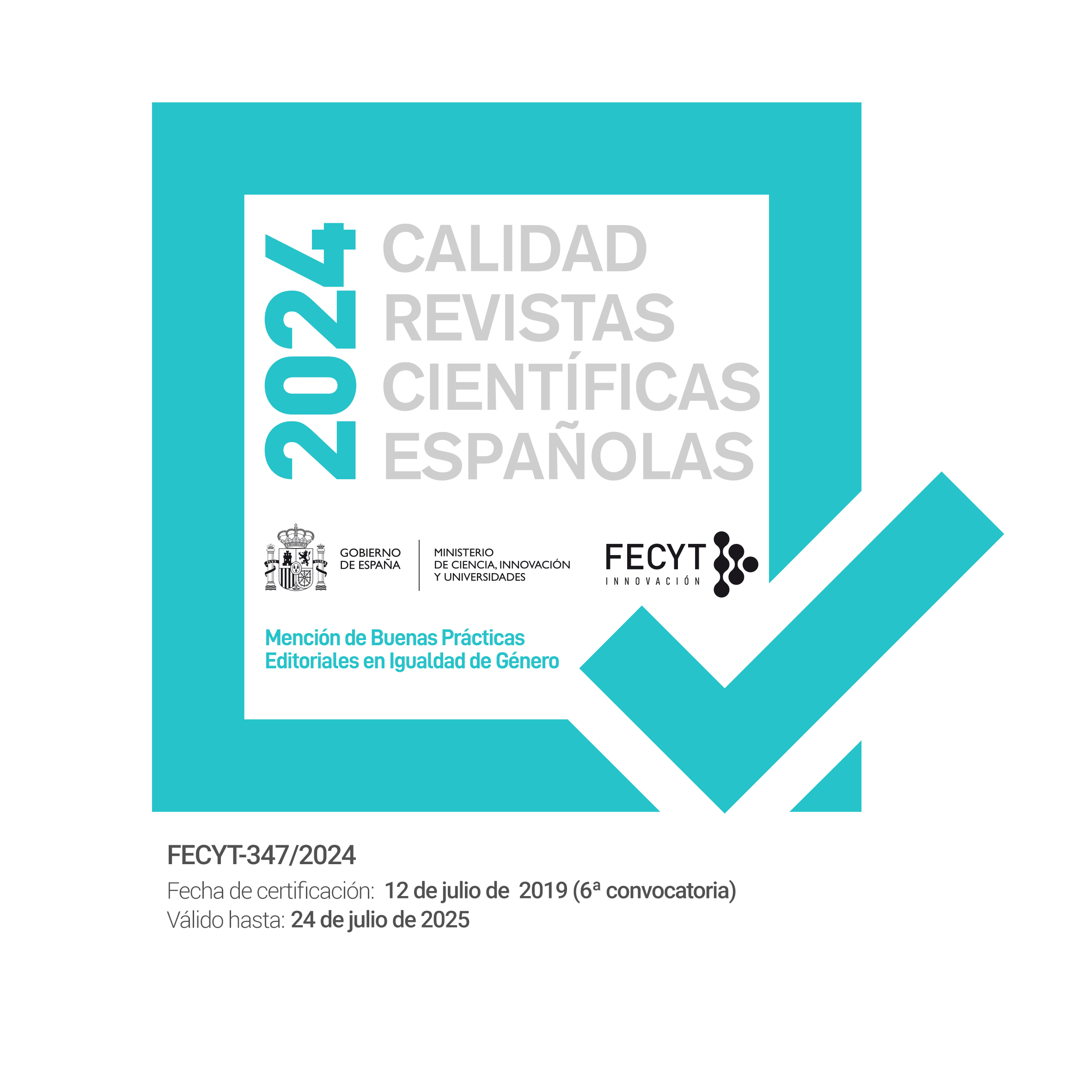Tapada das Necessidades em Lisboa : a historia de um jardim esquecido
DOI:
https://doi.org/10.5944/etfvii.14.2001.2376Abstract
O trabalho apresentado consiste numa análise histórica da Tapada das Necessidades, jardim situado na cidade de Lisboa, formando um dos seus maiores espaços verdes. A Tapada foi construída por D.João V, o monarca que em Portugal mais simbolizou o Absolutismo, reflectindo-o nas suas criações Barrocas. Com o Liberalismo surge D.Fernando, que vai ser o intérprete de uma enorme transformação da tapada, protagonizando o período mais importante na sua evolução. A história da Tapada entranha-se na própria história de Portugal, acompanhando o absolutismo, a transição para o liberalismo, os últimos movimentos da monarquia e os primeiros passos da República.
The presented work consists in a historical analysis of the Tapada das Necessidades, a garden situated in the City of Lisbon, forming one of its bigger green spaces. The Tapada was built by D.João V, the monarch that in Portugal more symbolized the Absolutism, reflecting it in its Baroque creations. With the Liberalism appears D.Fernando, who will be the interpreter of an enourmous hashing of the Tapada, carrying out the more important period of its evolution. The history of the Tapada penetrates in Portugal own history, following the absolutism, the transition for the liberalism, the last moves of the monarchy and the first steps of the republic.
Downloads
Downloads
Published
How to Cite
Issue
Section
License
Authors who publish in this journal agree to the following terms:
- Authors retain copyright and grant the journal right of the first publication with the work simultaneously licensed under a license Creative Commons Reconocimiento-NoComercial 4.0 Internacional that allows others to share the work with an acknowledgement of the work's authorship and initial publication in this journal.

- Authors are able to enter into separate, additional contractual arrangements for the non-exclusive distribution of the journal's published version of the work (e.g., post it to an institutional repository or publish it in a book), with an acknowledgement of its initial publication in this journal.
- Authors are permitted and encouraged to post their work online (e.g., in institutional repositories or on their website) prior to and during the submission process, as it can lead to productive exchanges, as well as to earlier and greater citation of the published work (See The Effect of Open Access).








